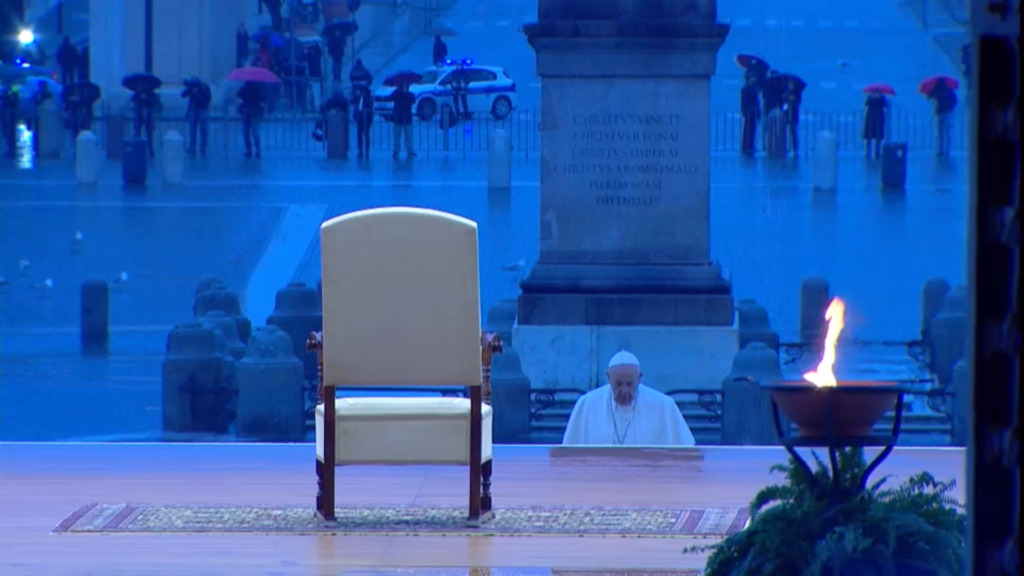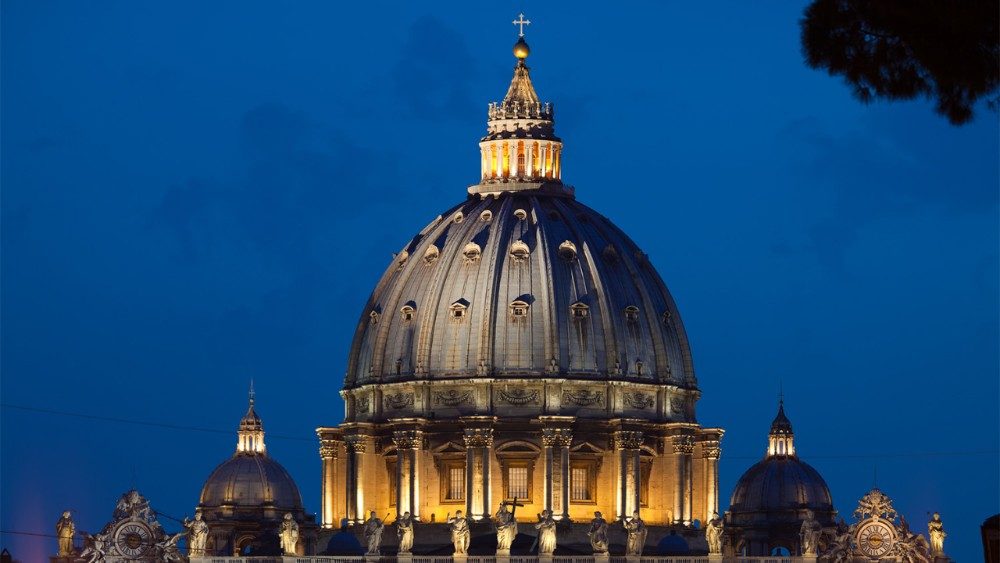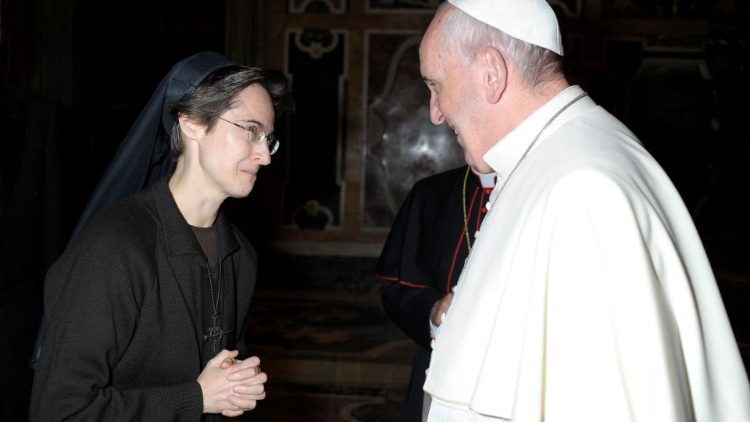Msgr. Paglia: Absolutely no to euthanasia and assisted suicide
The position of the Church on legislation and the end of life

The president of the Pontifical Academy for Life, Msgr. Vincenzo Paglia, reiterated today the firm position of the Church against euthanasia and assisted suicide during his visit to Pope Francis, in which he presented “A Little Lexicon of the End of Life”, a glossary published by the Libreria Editrice Vaticana (LEV). Msgr. Paglia stressed the need to reflect on therapeutic obstinacy, asking whether it brings benefits to the sick, and stressed the importance of reaching a common consensus in politics on these issues.
Defense of life and criticism of disproportionate treatments
The 88-page glossary addresses crucial ethical issues related to the end of life, such as euthanasia, assisted suicide, palliative care, and cremation. Paglia said the document reflects the doctrine established by the Church over the past seventy years, denying rumors of an alleged “openness” of the Holy See on these issues. In the meeting with the Pope on August 8, Paglia handed over a copy of the “Léxicon” and reiterated the need to defend life in all its phases, especially that of the most vulnerable, against the “throwaway culture”.
Palliative care and rejection of aggressive therapy
In response to claims about an alleged acceptance of the suspension of nutrition and hydration, Paglia recalled that the Church had already established in 1956 the legality of suspending ventilation in serious cases, and in 2007 the Congregation for the Doctrine of the Faith recognized that some treatments could be interrupted when they are disproportionate. According to Paglia, these decisions should always be made with the participation of the patient and should not be confused with the acceptance of euthanasia.
The Church’s position on legislation and end-of-life
Monsignor Paglia reiterated the Church’s opposition to any form of euthanasia and assisted suicide, despite the erroneous interpretations that some have spread. He stressed that death is an inevitable reality and that it is essential to accompany the sick in their final phase without trying to uselessly prolong their life. Regarding the “legislative mediations” mentioned in the glossary, Paglia explained that there are no mediations that are acceptable a priori, but he urged to reach the greatest possible consensus in politics, respecting the different sensitivities and religious beliefs, with the Church focused on the formation of consciences rather than on the formation of consciences making laws.
Related

Five Years After Statio Orbis: Hope in the Midst of the Storm
Exaudi Staff
27 March, 2025
2 min

St. Peter’s Dome Will Have New Lighting for Easter
Exaudi Staff
20 March, 2025
1 min

In St. Peter’s Basilica, the ancient rite of the “Statio Lenten” (Lent Station)
Exaudi Staff
17 March, 2025
2 min

Sister Raffaella Petrini appointed as new president of Vatican Governorate
Exaudi Staff
17 February, 2025
1 min
 (EN)
(EN)
 (ES)
(ES)
 (IT)
(IT)

